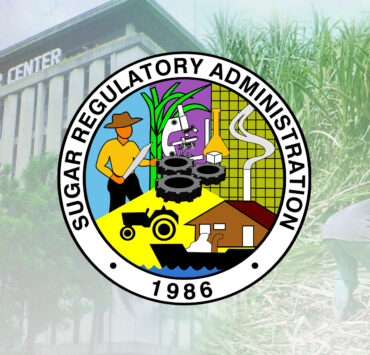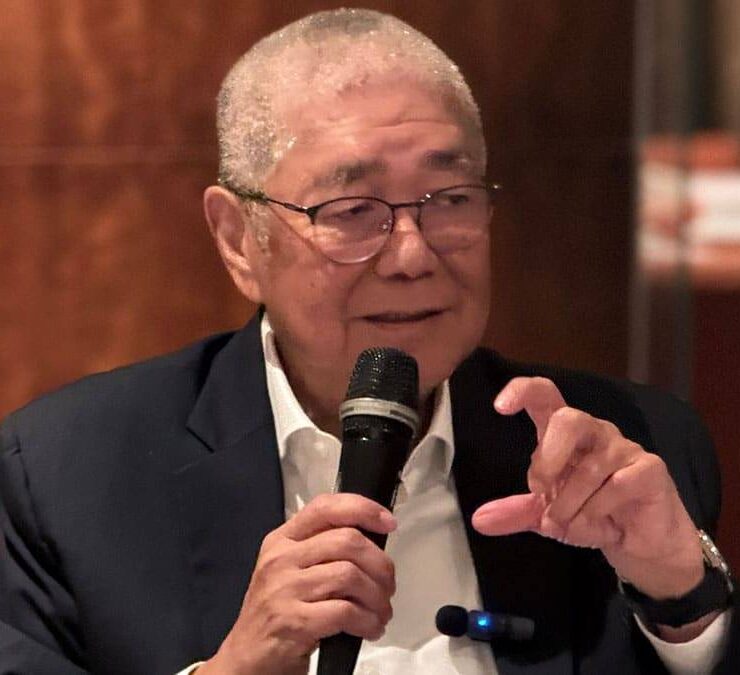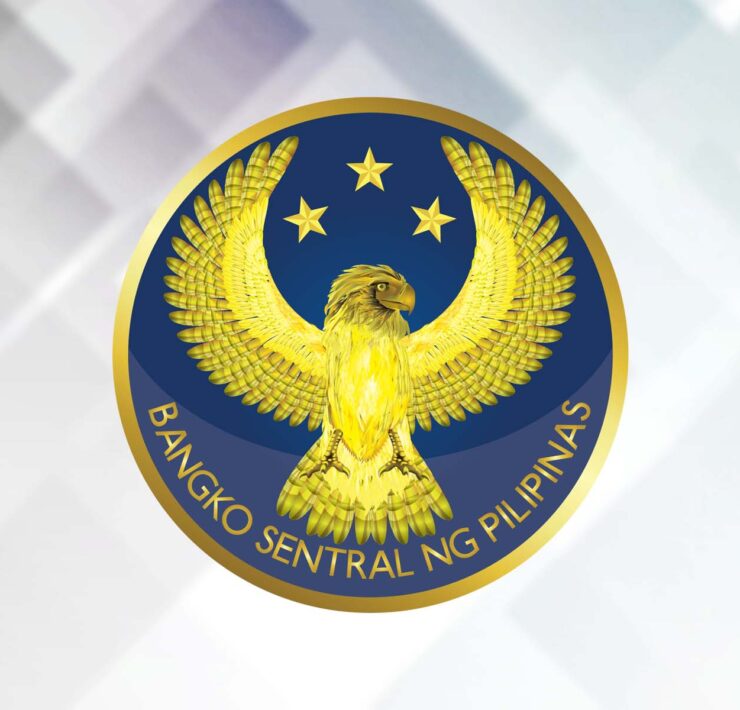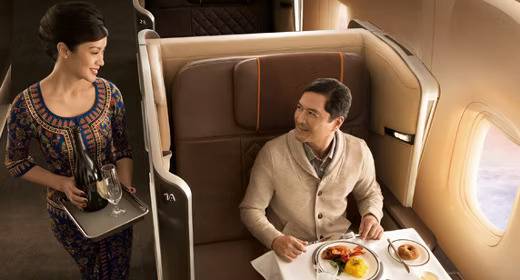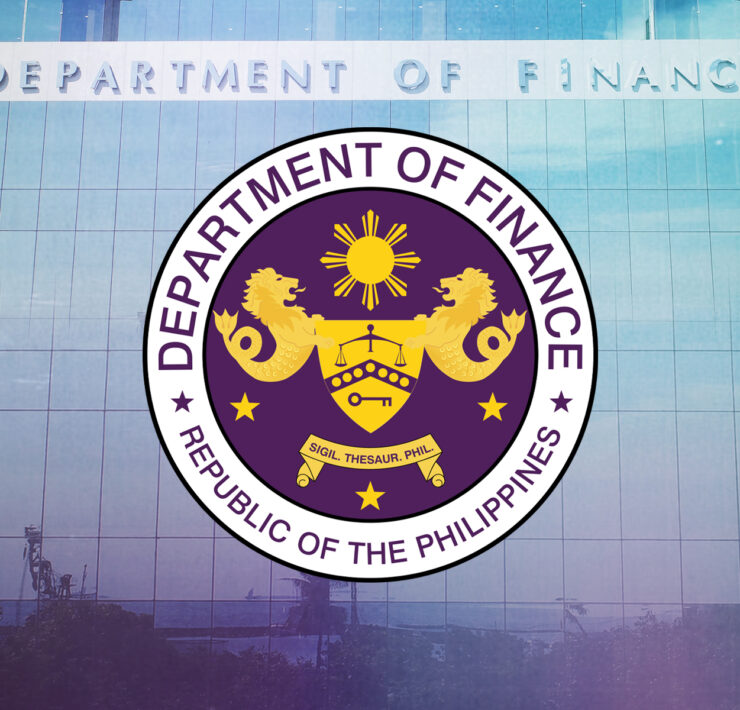PH found most dishonest in region on money matters
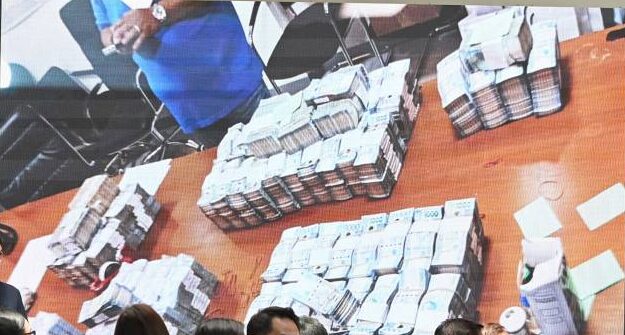
Financial education gaps, economic stress and “face-saving” cultural norms have forced Filipinos to misrepresent their finances, making the Philippines the most dishonest country in Southeast Asia when it comes to money, according to a study.
ROSHI, a Singapore-based fintech firm, said in its Financial Honesty Study: Southeast Asia report that the Philippines had the highest financial misreporting rate in the region at 47 percent, which means that about half are not likely to give an accurate picture of their financial situation. Indonesia came second at 45 percent, then Singapore at 41 percent.
Vietnam was the most honest, with a dishonesty rate of only 34 percent, followed by Thailand at 36 percent.
The problem, ROSHI noted, was that Philippine society tended to place strong emphasis on social reputation despite financial hardship and literacy gaps, making it hard for financially challenged individuals to seek help.
In Philippine culture, ROSHI pointed out that there was “enormous” pressure to keep face despite financial struggles.
“Admitting difficulties brings shame to the entire family and risks exclusion from social support networks that provide vital help,” ROSHI noted in its report based on a survey across different age groups in six Southeast Asian markets.
This makes misrepresentation of finances a “rational way to preserve social standing and maintain access to economic opportunities,” it added.
Economic challenges are also directly connected with financial dishonesty. The Philippines currently has limited economic opportunities, along with a high cost of living.
Vietnam, on the other hand, has a strong anticorruption focus and expanding opportunities. Its culture also emphasizes trust and community accountability, which both sustain “honest financial behavior.”
Overconfidence bias, or believing that one is better at handling finances than they actually are, is also among the factors that can affect financial transparency.
The Philippines had a high level of overconfidence at 60 percent, while that of Vietnam, which was the most financially honest country in the region, was at around 40 percent.
Risky investments
According to ROSHI, overconfidence can lead to risky investments, low savings and poor spending habits.
At the same time, the Philippines had the highest “present bias” at 68 percent, entailing that people would rather spend money now than save for retirement.
“This reflects the reality that when people struggle to meet daily needs, planning for the future becomes nearly impossible,” ROSHI said.
In terms of age groups, young adults (21 to 34 years old) were the most dishonest in their finances, while older adults (50 to 65 years old) were the most honest. This is a pattern that is present across all countries in Southeast Asia.
It still all boils down to social pressures, ROSHI found.
For example, social media trends often tie financial image to personal identity.
“As a result, many young adults make financial decisions in environments that reward displays of material success, making it costly to acknowledge financial constraints openly,” ROSHI said.
In all, there is a need to intertwine financial education and policy with cultural values and economic realities.
“Markets that achieve natural alignment between cultural values and economic incentives around financial transparency create lasting advantages, while those facing cultural-economic conflicts require recognition and adaptation strategies that acknowledge underlying behavioral patterns,” ROSHI noted.















